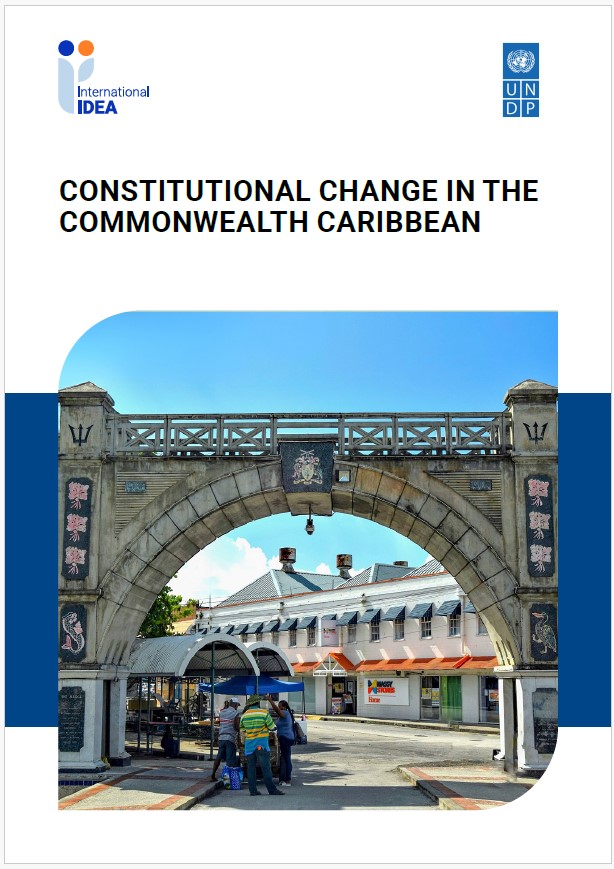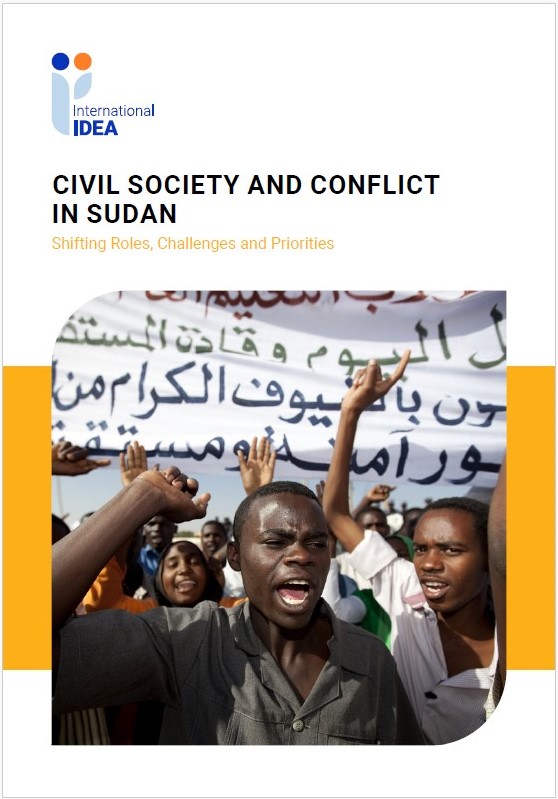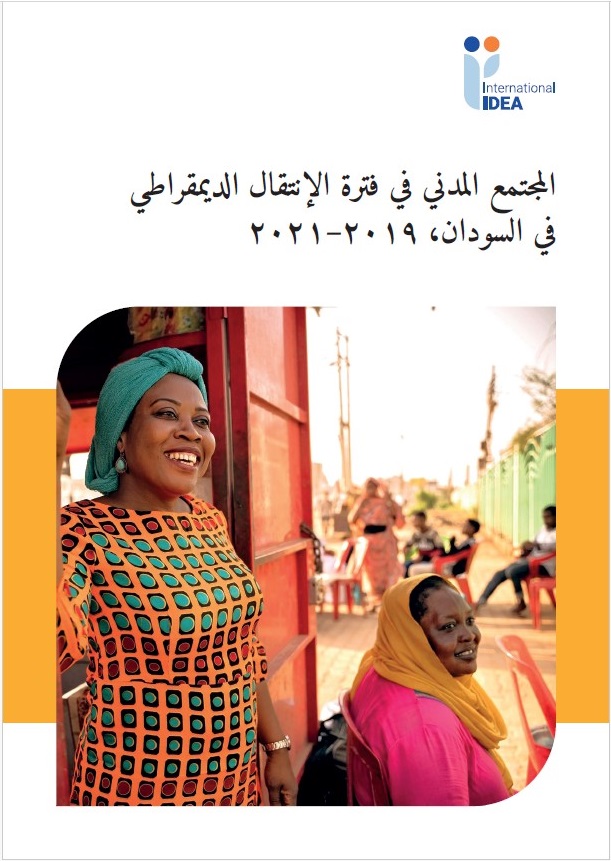The year 2015 marks the 20th anniversary of the 4thWorld Conference on Women where the progressive blueprint on advancing women’s rights – the Beijing Declaration and Platform of Action – was articulated and agreed upon. Twenty years after the landmark adoption of this ambitious expression of aspirations that no country in the world has fully achieved, “it is still a long way to go” on this journey for advancing women’s rights in all spheres of life.
Search
Region
Country
Type
Sixteen Latin American countries currently have a legal measure (parity or affirmative action) to try to increase the number of women nominated. However, the impact on women´s chances of getting elected to office is as of yet unverified. In 2014, seven Latin American countries held presidential and/or parliamentary elections: Costa Rica, Colombia, El Salvador, Panama, Bolivia, Brazil and Uruguay.
On 27 November 2014, the Mexican Senate passed a bill amending the Federal Constitution in order to guarantee equal participation of indigenous women in electoral processes. The bill was initiated by Deputy Eufrosina Cruz Mendoza, a member of the Federal Chamber of Deputies and a Zapotec indigenous who has been involved in an inspiring fight against social and political marginalization of indigenous women in Mexico.
Money is among the greatest threats to democracy in today’s politics, globally. Money determines the ability of candidates to compete and/or win an election. When it comes to the underlying factors behind gender inequalities in politics, the obstacles faced by women to raise or access funds is one of the greatest barriers compared to most of their male counterparts.
Citizenship is critical to exercise and enjoy the rights and privileges granted by the state. Nepal is one of 27 countries in the world (including Libya, the United Arab Emirates, Qatar and Sudan) whose laws and/or practices prevent women from passing citizenship rights to their children.
On 18 January 2015, International IDEA Secretary-General Leterme presented the first edition of the ‘English-Myanmar Glossary of Democratic Terms’ to experts who contributed to it at International IDEA’s Myanmar office.
Tunis, Tunisia | The National Constituent Assembly (NCA) was elected in 2011 and included 59 women out of 217 members. During the three-year rule of the NCA, the number of female members grew from 59 to 67 in 2014, as all male members of the government who left their posts were replaced by the candidate succeeding them on their respective list (built using a zip list system where male and female candidates alternate down the list).
In a democratic society words are the weapons we use to achieve change and words have therefore significant potential power. Words are not just symbols to communicate with, they also structure our way of thinking and make sense of our worlds. The philosopher Ludwig Wittgenstein aptly summarizes this line of thought when he said “The limits of my language mean the limits of my world”.
This Discussion Paper examines the European Union’s approach to supporting rule of law and good governance reforms in non-member countries.
El fin de la “década dorada” (2003-2013) que vive América Latina, en especial Sudamérica, está cambiando el estado de ánimo y no necesariamente para mejor. Ello es consecuencia de las importantes modificaciones del contexto económico y político global, así como de la situación interna de los países. En pocos años, la región pasó de la euforia al optimismo moderado e incluso cauto de nuestros días.
The end of the “golden decade” (2003-2013) in Latin America, especially in South America, is changing the mood and not necessarily for the better. This is the result of major changes in the global economic and political context as well as the domestic situation in the different countries. In a few short years, the region moved from euphoria to the moderate and even cautious optimism prevailing today.
International IDEA, the Woodrow Wilson Center, El País from Spain and Channel NTN 24 held the “Latin America's Electoral Cycle 2014-15” Forum, at the Wilson Center (Washington D.C.) on February 10, 2015. The forum’s objective was to analyze the region’s 2014 ‘electoral super-cycle’, and to discuss the upcoming presidential elections in Argentina and Guatemala, and parliamentary elections in Venezuela.
The Election Commission of Bhutan (ECB) in collaboration with Sherubtse College under the Royal University of Bhutan (RUB) has developed a new tool with assistance from International IDEA, primarily focusing on developing capacity for delivery of civic and electoral education and trainings in Bhutan. The E-Introduction to Electoral System and Democracy of Bhutan (E-IESDB), was developed under a Norwegian-funded project titled “Bhutan Electoral Training and Resource C
Within the framework of the III International Forum of Santo Domingo (carried out in the Dominican Republic between January 28 and 30, 2015), Daniel Zovatto, Regional Director for Latin America and the Caribbean of the International Institute for Democracy and Electoral Assistance (International IDEA), held a working meeting last January 30 with President Danilo Medina in the National Palace. During this meeting, Dr.
En el marco del III Foro Internacional de Santo Domingo (celebrado en la Republica Dominicana del 28 al 30 de enero de 2015), Daniel Zovatto, Director Regional para América Latina y el Caribe del Instituto Internacional para la Democracia y la Asistencia Electoral (IDEA Internacional), sostuvo una reunión de trabajo, el pasado 30 de enero, con el presidente Danilo Medina en el Palacio Nacional. En el encuentro, el Dr.
“Adiós a la bonanza, bienvenida la nueva realidad: las reformas que América Latina necesita para no repetir su historia” fue el nombre del panel inaugural que reunió la noche del miércoles 28 de enero a los ex presidentes Carlos Mesa de Bolivia; Laura Chinchilla de Costa Rica; Luis Alberto Lacalle de Uruguay; Vinicio Cerezo de Guatemala, y Leonel Fernández de República Dominicana.
Throughout the world today, politics has become an expensive affair, to the extent that money is now among the greatest threats to democracy. In essence, the greater the influence of money on politics, the less influence the average citizen has.
As constitution-building processes are increasingly becoming a critical mechanism for peacebuilding and national reconciliation in societies emerging from conflict, questions about the role of traditionally excluded groups in shaping the future of these societies are also taking centre stage in the process.


